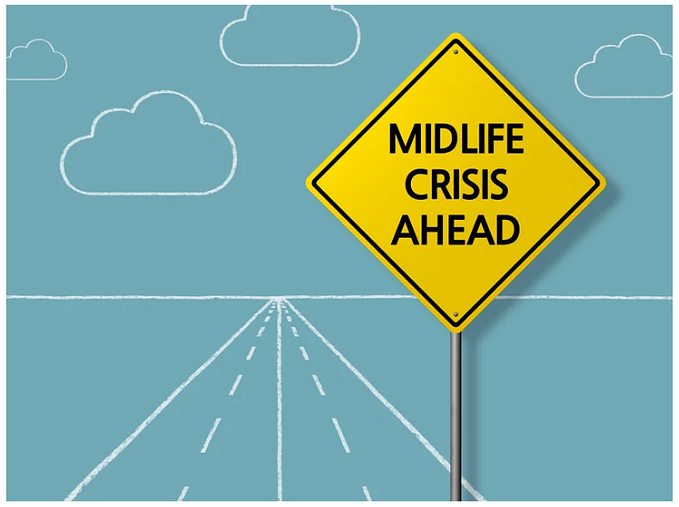Member-only story
Why The 2020s Will Be An Era Of Atoms, Not Bits
The simple truth is that the digital era is ending and innovation is shifting to other places.
When Barack Obama appointed Aneesh Chopra as the first Chief Technology Officer of the United States he was sending a clear message: No longer a quirky trend, digital technology would become central to managing the country. He was, in effect, laying down a marker for how important information technology had become.
More recently, Joe Biden sent a similarly important message when he announced that not only would he be nominating Eric Lander, a mathematician turned geneticist, as director for the Office of Science and Technology Policy, but that he would be elevating the position to a cabinet-level appointment.
The simple truth is that the digital era is ending and innovation is shifting to other places. Digital technology will remain — just as heavy industry persists long after the end of the industrial era — but will no longer be primary. Over the next decade, we’ll see a major shift from bits to atoms that, hopefully, will help us emerge from our extended productivity slump.
The Other 94%
It should be clear by now that the digital revolution has been a big disappointment. Compared to other general purpose technologies such as electricity and internal combustion, which drove a 50-year productivity boom between 1920 and 1970, we’ve only had about eight years of elevated productivity since then. Given the level of hype, that’s incredibly paltry.
Even today, after seemingly pervasive innovations such as social media, the mobile web, and artificial intelligence, we appear to be in the midst of a second productivity paradox. To paraphrase economist Robert Solow, we can see digital technology everywhere except in the productivity statistics.
Think about what life would look like if you were immediately transported back 50 years, to 1971. In a typical household, you would see many of the same things you would today — running water, appliances in the kitchen, a TV in the living room and a car in the garage. Clearly, you would miss some things, but you’d get along just fine.









